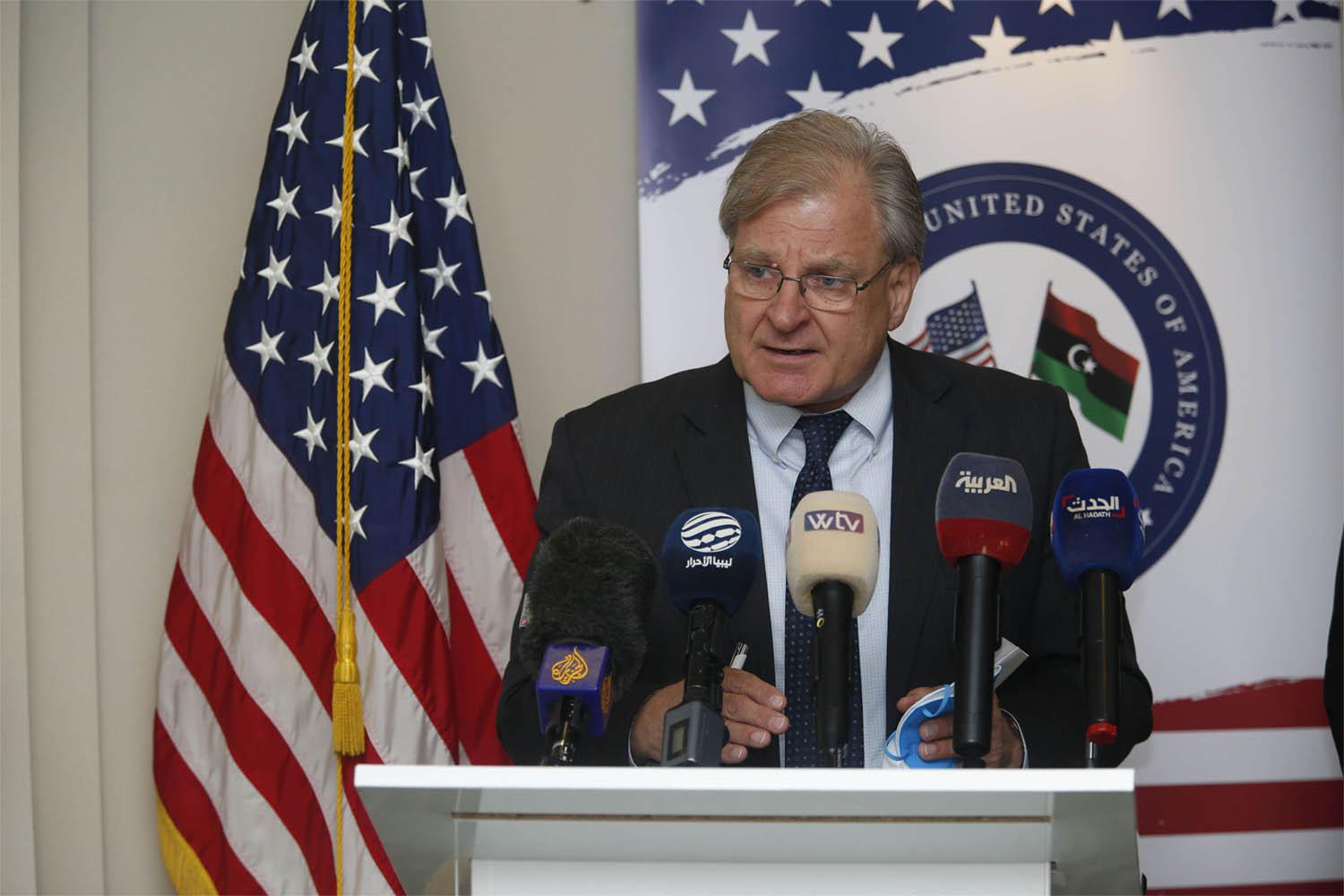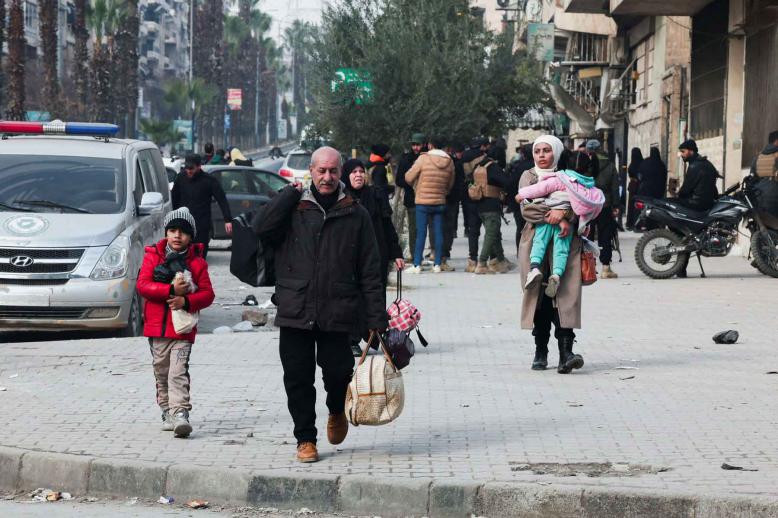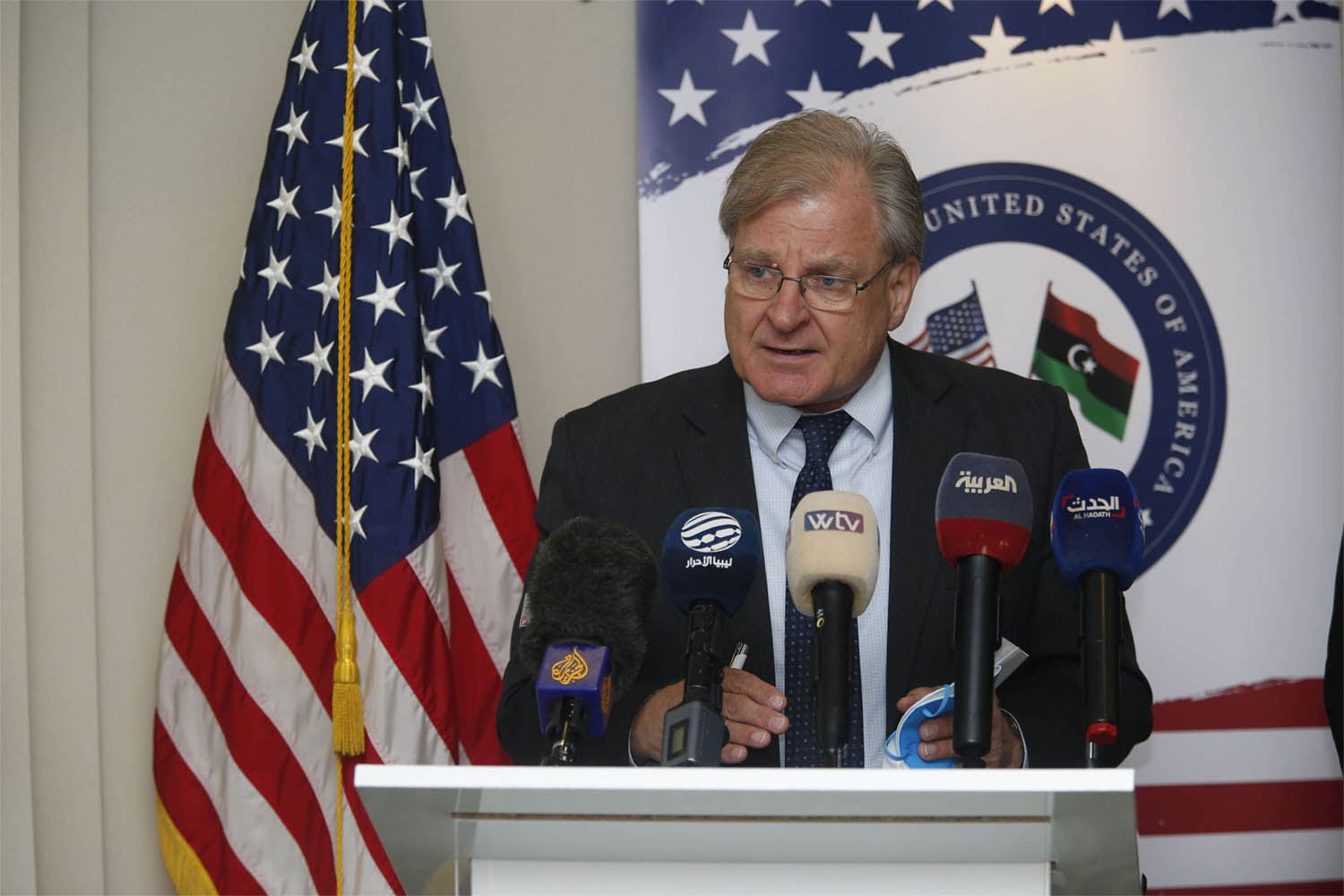US proposes ways for Libya to manage flow of oil revenue
TRIPOLI - The United States is proposing ways for Libya to manage the flow of oil revenue to help it through a political crisis as two rival prime ministers vie for power, Washington's ambassador to Tripoli said on Thursday.
Rival factions have argued over who gets to control oil production, sales and revenues for years, fuelling the political chaos and violence that has ravaged Libya since a 2011 NATO-backed uprising.
The US proposals aim to stop the crisis spilling over into economic warfare that would deprive Libyans of salaries, subsidised goods and state investment and hit global energy markets, ambassador Richard Norland told Reuters.
Any threat to Libya's output, which has topped 1.3 million barrels per day in recent months, would hit markets already reeling from the Ukraine crisis.
"The issue... is to reach agreement on the best way to make sure that Libya's oil wealth is employed where it's needed to help people, and that it's monitored so that people can be confident it's not being diverted for political uses or for inappropriate uses," Norland said in an interview.
Libya's latest crisis comes after a scheduled election, a key element of a U.N.-backed peace plan, was cancelled in December as major leaders and factions squabbled over the rules.
The peace plan, which also involved installing an interim unity government last year, was aimed at resolving the conflict between the country's main factions that split Libya in 2014 between rival governments in east and west.
The eastern-based parliament said the interim government's mandate ended on the day of the scheduled election and it has chosen a new one under former interior minister Fathi Bashagha, promising to hold new elections next year.
However, Abdulhamid al-Dbeibah, head of the incumbent interim government, has rejected parliament's moves and says he will only cede power after an election that he promises to hold this year, with both sides mobilising forces around the capital.
Norland said both men had made commitments to avoid violence or escalation, but the situation was still dangerous.
"If this situation drags on there is a risk of violence. And if that occurs then each side will bear some degree of responsibility and I think that's not something either side wants," he said.
Conflict
Under international agreements, oil exports can only be handled by Libya's state-owned National Oil Corp (NOC), with revenue sent to the Central Bank of Libya which pays for most state spending even across front lines of conflict.
The arrangement has led to complaints about unfair distribution of oil revenue, while various factions have repeatedly used force to seek access to state funding.
Rival armed forces have frequently shut down Libyan oil output throughout the conflict to put pressure on authorities in Tripoli. In 2020, forces aligned with eastern factions assaulting the capital stopped all oil exports for months.
More recently, Dbeibah has used oil revenue for populist spending projects that his critics call a corrupt attempt to buy political popularity ahead of elections in which he may seek new office. He denies corruption or misuse of funds.
Recent signs that the political dispute could spread to economic warfare have included parliament asking NOC to stop sending money to the central bank, groups threatening to shut down oil output and a reported attempt to illegally export Libyan crude via an Iranian tanker.
When the oil export shutdown ended two years ago, NOC paused its transfer of revenue to the central bank, keeping it in the foreign bank account that payments are initially made to.
Norland said the United States was proposing a short-term mechanism that would build on that model but in a more orderly way and with more transparent financial oversight.
It would have "enough transparency with everybody producing statements on what's been dispersed and what's been received" so that any discrepancies could be accounted for, he said.






